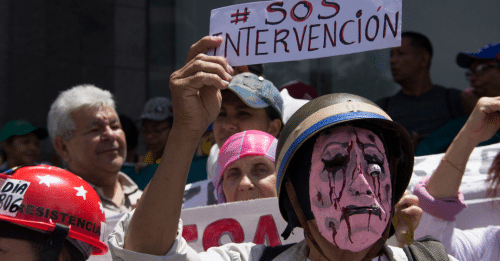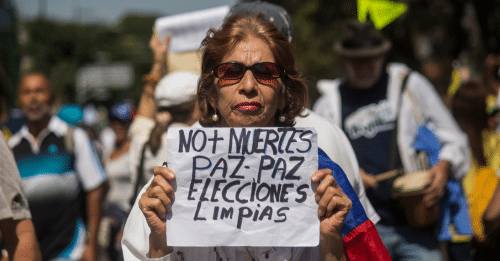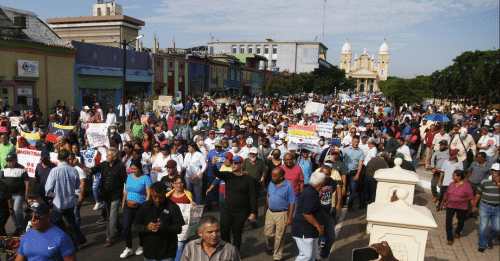The Problem With Miya Ponsetto
Ponsetto’s behavior speaks to a larger elephant in the room regarding white-passing Latinas: there is a legitimate issue with anti-Black sentiment in the Latinx community.

If you’ve been anywhere near social media this week, you’ve most likely seen the altercation that took place in New York City where a young Latina-identifying woman attacked a Black teenager over a cell phone that the woman suspected the teen stole from her. Without any evidence or provocation from the teen, Miya Ponsetto yelled and physically assaulted him. It later turned out that Ponsetto left her cell phone in an Uber, and had her phone turned in to her that same day.
The problem with Miya Ponsetto, aside from her obvious entitlement to accuse people of committing crimes they didn’t commit without any evidence, is that she tried to justify her actions as not being racist (sure, SoHo Karen) because she identifies as Puerto Rican. In an interview with Gayle King, Ponsetto claims that as “like, a woman of color” she can’t be racist.
King to her credit does go on to explain that women of color can indeed be racist. However, Ponsetto’s behavior speaks to a larger elephant in the room regarding white-passing Latinas: there is a legitimate issue with anti-Black sentiment in the Latinx community. While younger members of the Latinx community are putting in the work to make space for the traditionally marginalized voices of their Afro-Latinx friends, there is still a segment of the community that perpetuates the harmful anti-Black sentiments passed down to them.
White Latinas can be racist. People of color can be racist. It is a known fact that anti-Black sentiment is passed down in the Latinx community, something that originated in colonialism and exists today in many forms: from Latinas straightening their hair to avoid “pelo malo” to not wanting to have children with darker skinned people to not “dañar la raza”. Yes, this is reality, and a common one at that.
So what do we do about it?
We would first do well to acknowledge that Afro-Latinos have always existed in our communities. They are not new, but rather historically marginalized in favor of white-passing Latinos. We must unlearn generations’ worth of anti-Black behaviors, particularly in shutting down family members that deny Black lineage in their bloodlines, members who reject having Black family members or romantic partners, shaming people over their natural hair texture, and favoring eurocentric beauty standards. If anything, this highly publicized incident should be a call to action for white-passing and identifying Latinas to shut this hateful behavior down, since it is nothing but a disgrace. Ponsetto’s behavior only serves to underscore division in marginalized communities in a time where we should have shared unity.




